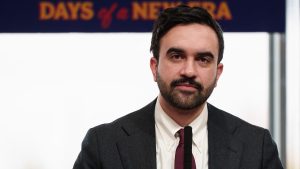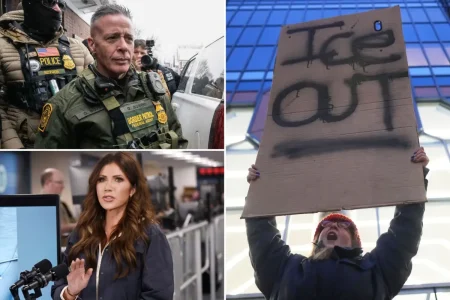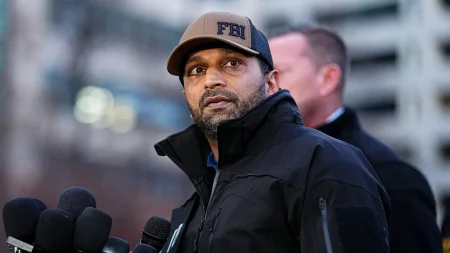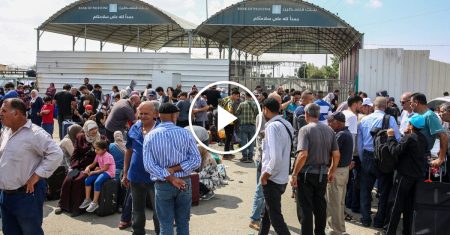A Controversial Endorsement: Exploring the 2008 Intersection of Vietnam War History and American Politics
During the 2008 presidential campaign, an unexpected international endorsement briefly captured headlines when Tran Trong Duyet, a former Vietnamese prison official, publicly declared his support for Senator John McCain’s bid for the White House. This endorsement came with a contentious claim that directly contradicted McCain’s well-documented personal narrative: Duyet insisted that no American prisoners of war, including McCain himself, had been tortured at the Hoa Lo prison (nicknamed the “Hanoi Hilton”) where he had served as a warden during the Vietnam War. The endorsement represented a striking moment where personal history, international relations, and American electoral politics converged in complex and uncomfortable ways.
McCain’s experience as a prisoner of war had become central to his political identity and personal story. Shot down over Hanoi in 1967, the future senator endured over five years of captivity, including periods of isolation, physical abuse, and torture that left him with permanent physical disabilities. His refusal of early release (offered because his father was a high-ranking admiral) became emblematic of his character and commitment to military solidarity. For many Americans, McCain’s wartime suffering and resilience represented the epitome of patriotic sacrifice. When Duyet publicly denied that torture had occurred under his supervision, he challenged not only McCain’s personal testimony but also the accounts of numerous other American POWs who had documented their treatment in Vietnamese prisons.
The timing of Duyet’s endorsement raised significant questions about its motivation and credibility. Coming decades after the war’s conclusion and during a heated American presidential campaign, many observers viewed the endorsement skeptically, seeing it as potentially politically motivated or as an attempt to rewrite a painful chapter in Vietnamese-American relations. Historians and human rights organizations had extensively documented the mistreatment of American POWs, and McCain himself had spoken and written candidly about his experiences. The contradiction between these established accounts and Duyet’s claims highlighted the ongoing struggle over historical memory and reconciliation between former enemies.
Despite the controversy surrounding Duyet’s statements about prison conditions, the endorsement itself revealed the complex evolution of Vietnamese-American relations since the war’s end. By 2008, the two former adversaries had established diplomatic relations, developed growing economic ties, and begun the slow process of healing historical wounds. McCain himself had played a significant role in this reconciliation, working with fellow Vietnam veteran John Kerry to normalize relations with Vietnam in the 1990s despite his personal suffering during the war. This willingness to move beyond personal grievance toward diplomatic engagement represented a remarkable journey from prisoner of war to diplomatic bridge-builder, demonstrating McCain’s capacity to separate policy positions from personal experience.
The public response to Duyet’s endorsement reflected America’s still-unresolved relationship with the Vietnam War. For some, Duyet’s denial of torture seemed to minimize the sacrifices of American servicemembers and reopened painful debates about the war and its aftermath. For others, the very fact that a former Vietnamese prison official would endorse an American presidential candidate symbolized how far relations had progressed between the former enemies. The McCain campaign largely downplayed the endorsement, neither embracing nor strongly rejecting it, perhaps recognizing the complicated emotions it evoked for many Americans, especially veterans. The incident demonstrated how the Vietnam War continued to influence American politics and international relations decades after its conclusion.
In the larger context of McCain’s 2008 presidential run, the Duyet endorsement represented just one unusual moment in a campaign filled with unexpected developments. While McCain ultimately lost the election to Barack Obama, his status as a war hero remained central to his political identity until his death in 2018. The brief controversy surrounding Duyet’s statements did little to change American perceptions of McCain’s service and sacrifice. If anything, the incident demonstrated the durability of personal testimony and collective memory in shaping historical understanding, even in the face of contradictory claims. As Vietnam and the United States continue to build their relationship in the twenty-first century, the differing narratives about the war remind us that reconciliation does not always require agreement about the past, but rather a willingness to acknowledge painful history while working toward a more cooperative future.











